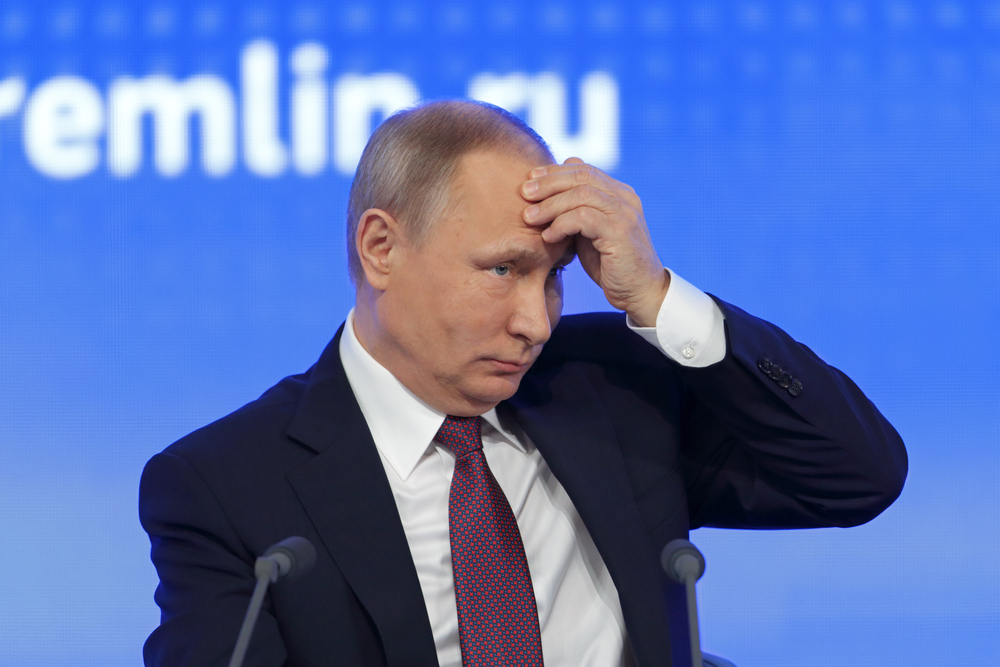Putin’s Arms Sales Plummet Amid Global Competition.
Others are reading now
Russia’s position in the global arms market has significantly declined, with its exports experiencing a dramatic 53% drop over the past five years compared to the 2014-2018 period. This slump has pushed Vladimir Putin’s nation to the third spot in global arms export rankings, behind both the United States and France.
Shift in Global Arms Trade Dynamics
The Stockholm International Peace Research Institute’s recent analysis reveals that Russia now accounts for only 11% of global arms exports, a stark contrast to its previous standing. Meanwhile, France, now occupying the second spot, matches Russia’s share but edges out on finer points of the market share.
The United States continues to lead the pack, contributing an overwhelming 42% to the global arms export, marking a 17% increase in its share over the last five years.
Also read
Potential Causes for the Decline
Several factors might contribute to the downturn in Russian arms exports. One significant aspect is France’s aggressive move into markets traditionally dominated by Russia, such as India. Additionally, Putin’s military endeavors, especially the invasion of Ukraine, are believed to have further exacerbated the decline.
Jakub M. Godzimirski, a researcher at the Norwegian Institute of International Affairs, suggests that Russia’s military engagement in Ukraine might have necessitated diverting arms originally intended for export back to replenish its own arsenal. This reallocation could be due to the substantial losses Russia has faced on the Ukrainian battlefield.
“Russia may have chosen to reduce its exports because it needs the weapons itself. Russia has lost many of its military systems on the battlefield in Ukraine, and they must replace what they’ve lost. This could make Russian weapons less available to others,” Godzimirski explained.
Furthermore, the conflict in Ukraine may have exposed vulnerabilities in the Russian military’s equipment, potentially influencing buyer confidence and impacting export figures.
This shift in the global arms trade underscores the evolving dynamics of international military sales and the potential long-term implications for Russia’s position in the global market.


